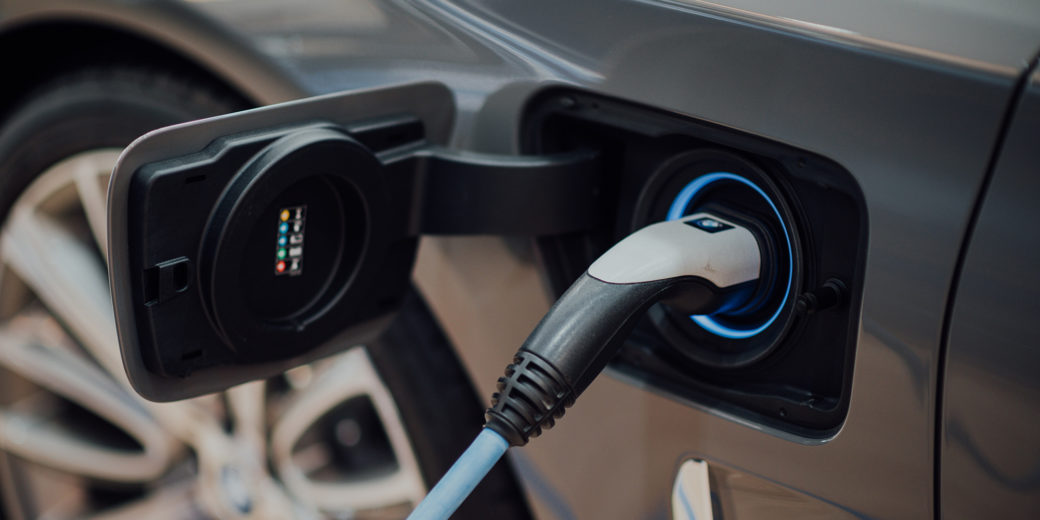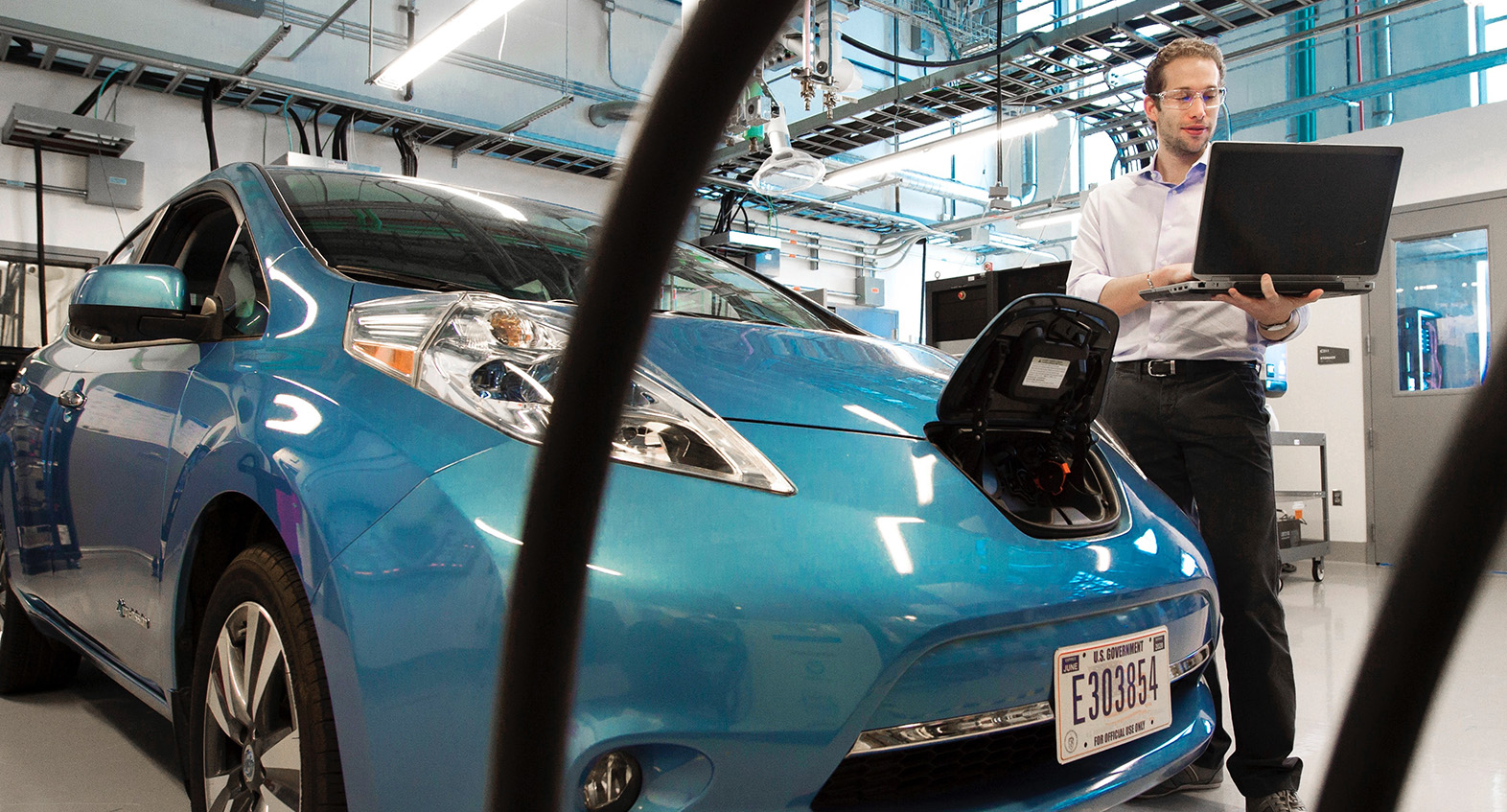Do Electric Cars Save You Money in the Long Run?

Comparing the costs of electric versus gas is tricky. Prices range a ton depending on vehicle manufacturers and even where you live in the United States. I’m going to do my best to explain five important factors that can help you make the best decision.
1. Sticker Price
The first glaring difference in the total cost of owning an electric car is the purchase price. It’s common for EVs to cost 70% more than a comparable gas model. This can easily add $15,000–$18,000 (at least) to the sticker price of many models.
In 2021, you have a lot of different options because major vehicle manufacturers are releasing great electric models, from the stylish BMW i3 to the award-winning Chevrolet Bolt. You can get a Nissan Leaf or Hyundai Ioniq Electric for a little over $30,000 brand new.
Prices are starting to drop somewhat if you decide to lease, with some models available for around $260 a month. If you’re already leasing an SUV, you may save $100 a month on your lease if you switch to electric, though obviously that means giving up cargo space.
2. Fuel Costs Versus Electricity Prices
Generally speaking, EVs win this category hands down. Electricity is usually much cheaper than gas on a mile-by-mile basis. “Filling up” with an electric car may set you back around $3, total. I'll let how amazing that is sink in for a second. This works out to just $0.01–$0.02 a mile compared to $0.10 a mile or more for gas.
Of course, like I said, the total amount you save depends on fuel prices where you live. People who live on the West Coast with its crazy gas prices can enjoy massive savings by investing in EVs. Even if gas only costs $2.50 where you are, you’ll still probably save as much as $7,000 in fuel costs over 10 years.
Tip: To maximize savings on energy costs, charge your car overnight, when electricity demand and prices are lowest.[insert page='Offer' display='content']
3. Maintenance Costs
EVs have simpler systems, from the motor to the transmission. You don’t have to worry about oil changes or other types of engine maintenance. This means EVs win by quite a bit in this category. On average, expect to pay at least 25% less for annual maintenance.

4. Replacement Parts
This is the area where many drivers worry about electric cars. A new battery can cost well over $10,000. How long will the original battery last?
EV batteries have a warranty of at least eight years or 100,000 miles, and some manufacturers offer a lifetime warranty. Keep in mind that you’re probably not going to have to worry about a new transmission or major engine repairs like you might with a gas-powered vehicle.

5. Tax Credits
The final piece of the puzzle are the incentives and tax credits you may qualify for by choosing electric. Many states provide credits as much as $7,000 for buying an EV. Some manufacturers also provide rebates as incentives. This can drop the purchase price significantly.

The Bottom Line
Let me sum up what I’ve found in general after adding up the totals: Switching to electric usually ends up costing about the same or coming in a little less. In other words, you can definitely go green and make your wallet happy at the same time.
